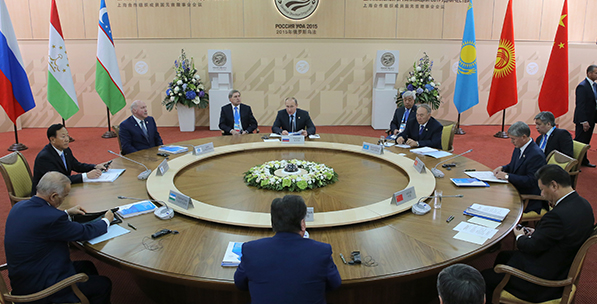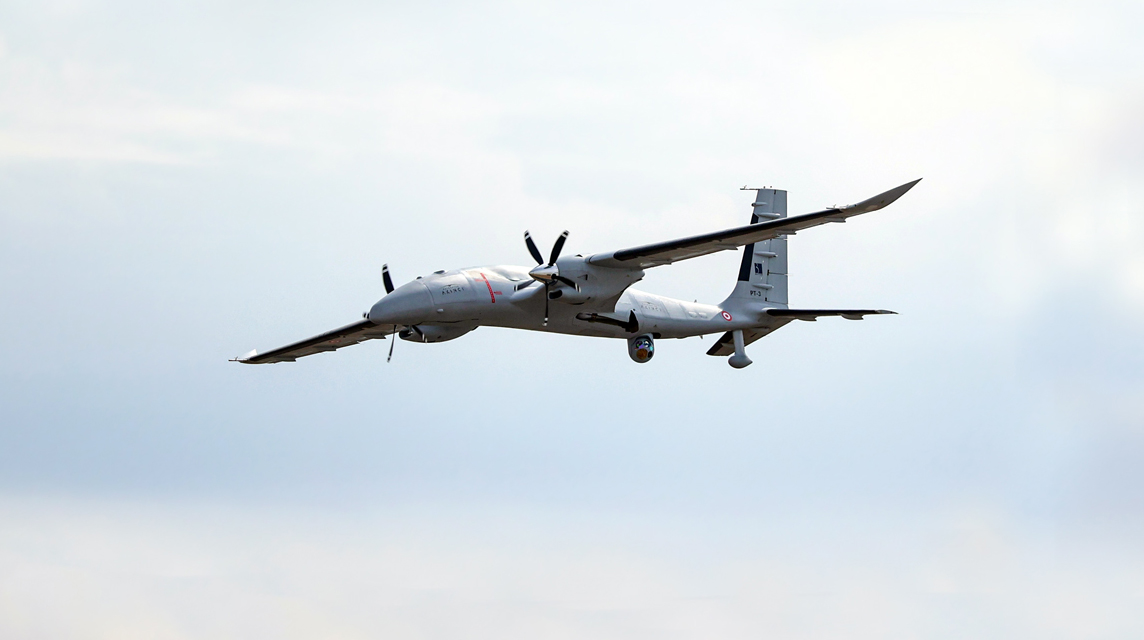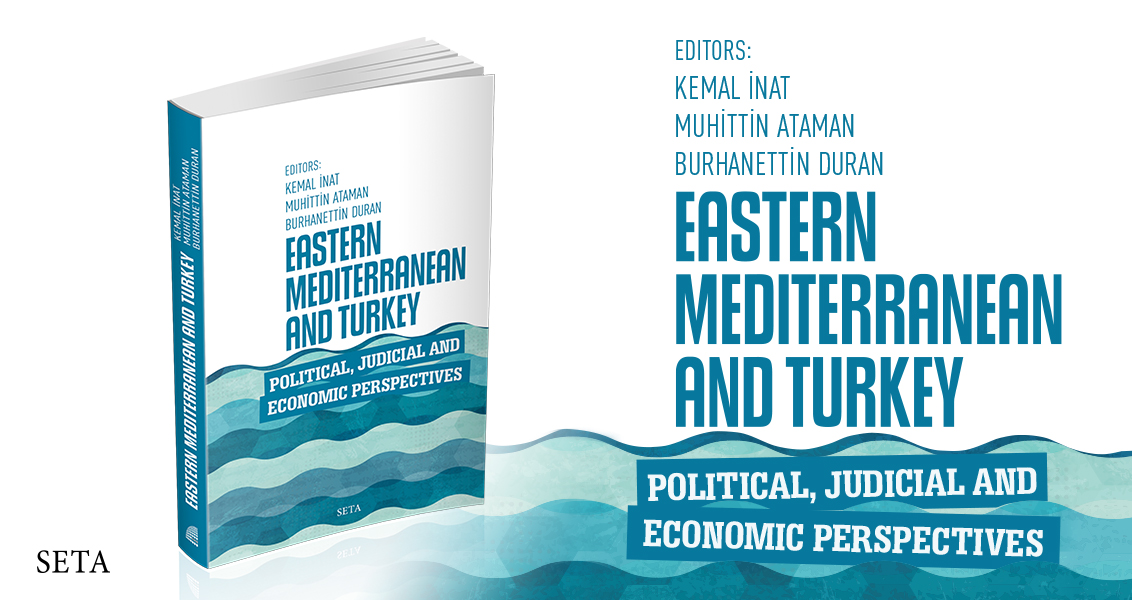Following a successful visit by President Recep Tayyip Erdoğan to Beijing during which Chinese President Xi Jinping and his administration extended a warm welcome, academic and political opinion makers seem to be involved in an interesting debate as to whether Turkey could realistically join the Shanghai Cooperation Organization (SCO) as a full member. In line with its multidimensional foreign policy line in recent years, Ankara adopted an attitude of proactive engagement with major regional institutional organizations such as the Arab League, Association of Southeast Asian Nations (ASEAN), Southern Common Market (Mercosur) and the African Union. As a country firmly in the NATO alliance in terms of its fundamental strategic-geopolitical priorities and pursuing accession negotiations with the European Union, Turkey values alternative regional openings to augment its bargaining position vis-à-vis Western powers and international organizations.
Yet, in particular, following the preliminary decision to consider the Chinese bid as the favorite for the purchase and later joint production of a missile defense system, analyses in Turkey and the West stressing the potential hazards and risks of a "strategic shift" toward a Eurasian axis have started to increase. Therefore, the current debate surrounding Turkey's relationship with the SCO should be considered in this broader context of axis-shift scenarios. The SCO and its predecessor, the Shanghai Five, were conceived by China, Russia and Central Asian republics to solve border disputes, improve regional security and stability, combat extremist movements and limit U.S. strategic influence in Asia. President Vladimir Putin's Russia tried to utilize this organization to reflect the global image of an alternative military bloc in opposition to NATO and maximize its peculiar influence, which was severely resisted by both China and Central Asian members. China in turn, perceived the SCO as a useful institutional mechanism to advance its macro-level energy strategy of constructing a complex web of oil and natural gas pipelines in Central Asia without arousing harsh reactions from Russia.
Therefore, the military and economic conceptions of the SCO competed from the start, and given the accelerated economic advancement of China in the global system, the economic vision has largely dominated. Despite the organization of military exercises and intelligence cooperation against terrorism, which are largely aimed at marginal Islamic movements, the SCO remained a largely formalist and ineffective talking shop in which grandiose rhetoric was met with little concrete action. It was not surprising that the Chinese preferred to use alternative and more economy-oriented platforms such as the BRICS (Brazil, Russia, India, China and South Africa) and Asia Infrastructure and Development Bank (AIIB) as well as more conventional G20, International Monetary Fund (IMF) and World Bank meetings to raise their concerns about the current state of the global order, injustices in representation and reform of global governance. The Central Asian republics in turn, pursued a strategy of balancing Russia against China via strategic and economic linkages while maintaining cordial relations with the U.S. and Europe to maximize their gains.
Accordingly, while contemplating Turkey's relationship with the SCO, the fact that the organization does not represent a direct alternative to NATO and the existence of sharp differences of opinion among members should be carefully considered. Especially the latest decision to start the accession process for India - supported by Russia - and Pakistan - supported by China - as full members will further complicate the decision-making structures in the SCO due to a plethora of border disputes, geostrategic differences and economic competition areas between Russia, China and India. Turkey is currently a dialogue member and there seems to be some willingness to get promoted to observer status and even full member status in the medium te

Turkey and Shanghai Cooperation Organization
In line with its multidimensional foreign policy line in recent years, Ankara adopted an attitude of proactive engagement with major regional institutional organizations such as the Arab League, Association of Southeast Asian Nations (ASEAN), Southern Common Market (Mercosur) and the African Union.
Share
Tags »
Related Articles







